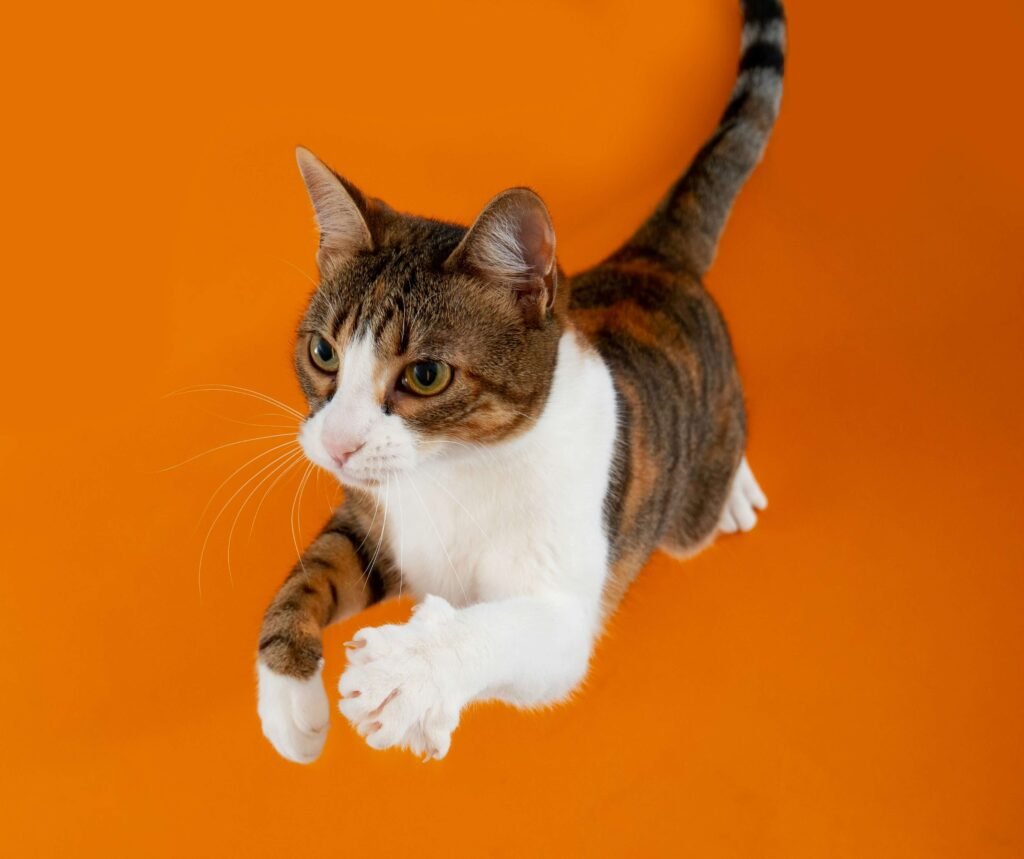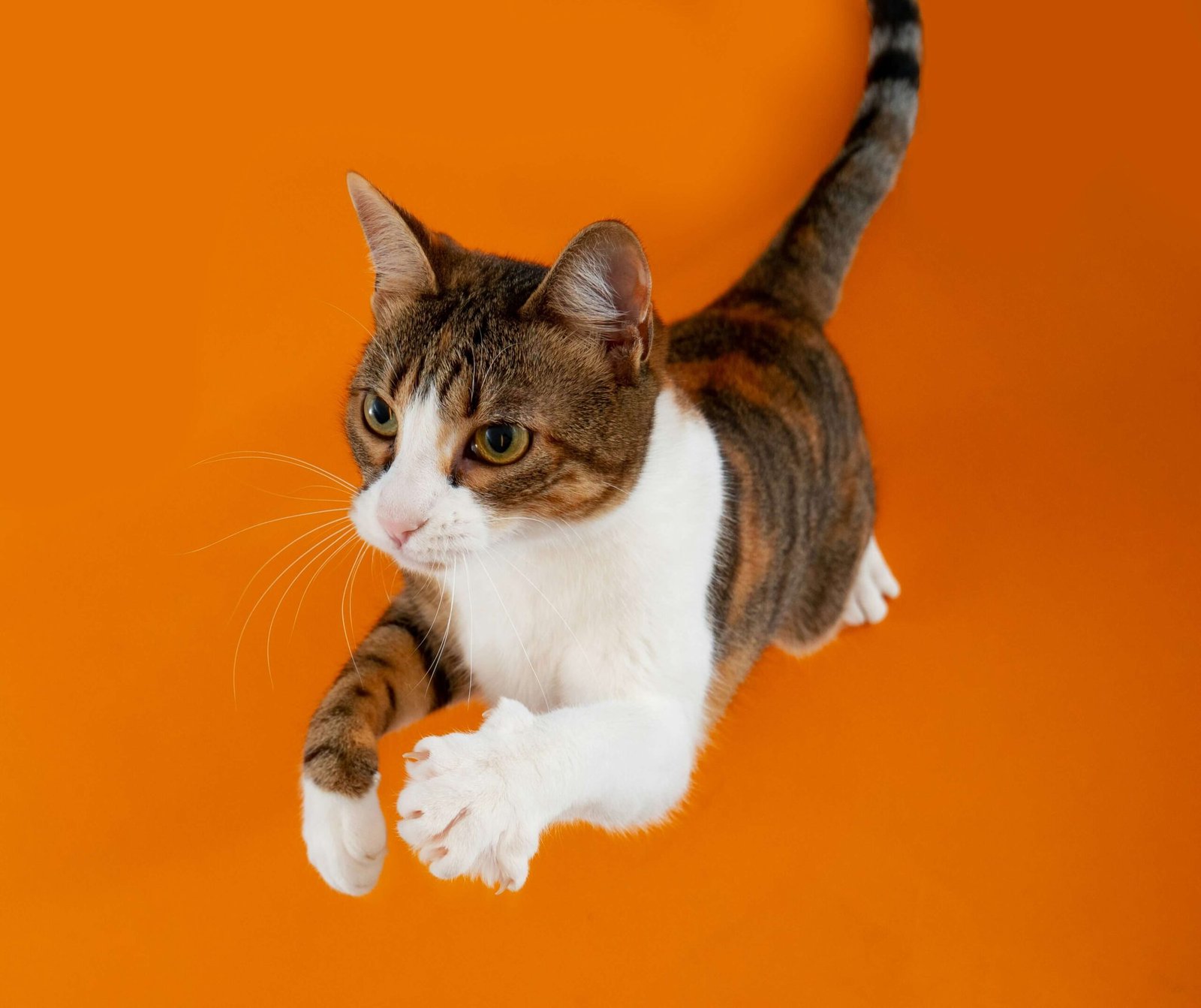Why Does My Cat Not Like Me? Understanding Feline Behavior
Cats are mysterious creatures, and their behavior can sometimes leave us scratching our heads. If you’ve ever wondered why your cat seems distant or uninterested in you, you’re not alone. Many cat owners experience moments where they feel like their feline friend isn’t as affectionate as they’d hoped. But before jumping to conclusions, it’s essential to understand that cats communicate differently than humans. In this blog post, we’ll explore common reasons why your cat might not seem to like you, how to interpret their signals, and what you can do to strengthen your bond. Let’s dive into the fascinating world of feline psychology!
Common Misinterpretations of Feline Behavior
Cats have unique ways of expressing themselves, and their actions often get misunderstood by humans. Here are some common behaviors that might make you think your cat doesn’t like you—but could actually mean something entirely different.
Hiding Away: Cats often retreat to quiet spaces when they feel overwhelmed or need rest. This isn’t personal—it’s just their way of managing stress.
Ignoring You Completely: While it may seem rude, cats simply value independence more than constant interaction. They’re not trying to hurt your feelings; they’re just being themselves.
Swatting or Hissing: These defensive reactions usually occur when a cat feels threatened or uncomfortable—not because they dislike you specifically.
Avoiding Eye Contact: Unlike humans, direct eye contact can be intimidating for cats. Looking away is a sign of trust, not disinterest.
Refusing to Sit on Your Lap: Some cats prefer their own space and don’t enjoy physical closeness all the time. It’s about preference, not rejection.
Understanding these nuances can help reframe your perspective. Instead of taking things personally, focus on observing your cat’s body language and respecting their boundaries.
Factors That May Influence Your Cat’s Affection Levels
Several factors can influence how much attention your cat gives you. By identifying these elements, you can better understand why your cat behaves the way they do.
Past Experiences: Cats who were mistreated or neglected earlier in life may struggle with trust issues. Patience is key in helping them feel safe again.
Health Issues: Pain or discomfort from medical conditions can cause irritability or withdrawal. A vet check-up can rule out underlying problems.
Environmental Changes: Moving homes, new family members, or even rearranged furniture can stress out sensitive cats. Stability is crucial for their emotional well-being.
Personality Differences: Just like people, every cat has its own personality. Some are naturally shy, while others are outgoing. Embrace your cat’s individuality.
Socialization During Kittenhood: Kittens exposed to positive human interactions early on tend to be more sociable adults. Late socialization can result in wariness around humans.
By recognizing these influences, you can adapt your approach to meet your cat’s needs. Remember, building trust takes time—especially if there are external factors at play.
Check this guide 👉Why Does My Cat Not Like to Be Held? Best 7 Behavior Tips!
Check this guide 👉Why Does My Cat Like Earwax? Best 7 Expert Tips!

Possible Reasons for Distance | Ways to Strengthen Your Bond |
|---|---|
Lack of early socialization | Spend quality one-on-one time |
Stressful environment | Create a calm, predictable space |
Health concerns | Schedule regular vet visits |
Overstimulation | Respect their personal space |
Preference for solitude | Offer toys and enrichment |
How to Build Trust with Your Cat
If your cat seems distant, don’t worry—there are plenty of ways to rebuild trust and foster a stronger connection. Start small and be consistent.
Respect Their Boundaries: Avoid forcing interactions. Let your cat come to you when they’re ready.
Use Positive Reinforcement: Reward good behavior with treats, praise, or gentle petting. This encourages them to associate you with positivity.
Play Together Regularly: Interactive play sessions stimulate your cat mentally and physically, strengthening your bond.
Create a Safe Space: Provide cozy hiding spots where your cat can retreat whenever they feel anxious or overwhelmed.
Be Patient and Consistent: Building trust takes time. Show your cat through repeated positive experiences that you’re reliable and caring.
By following these steps, you’ll gradually earn your cat’s trust and create a harmonious relationship.
Signs Your Cat Actually Likes You (Even If It Doesn’t Seem Like It)
Sometimes, cats show affection in subtle ways that aren’t immediately obvious. Look out for these signs—they might surprise you!
Purring: A soft purr is often a sign of contentment and happiness, especially when directed toward you.
Slow Blinking: Known as the “cat kiss,” slow blinks indicate trust and affection. Try returning the gesture!
Rubbing Against You: When your cat rubs their head or body against yours, they’re marking you as part of their territory—a true sign of acceptance.
Kneading: This kneading motion, reminiscent of kittenhood, shows comfort and relaxation in your presence.
Following You Around: Even if your cat doesn’t cuddle much, following you from room to room means they enjoy your company.
These behaviors prove that your cat cares—even if they express it differently than expected.
Understanding Your Cat’s Body Language
Cats communicate primarily through body language, and learning to interpret their signals can help you better understand their feelings toward you. Here are some key behaviors to look for:
Tail Position: A high, upright tail indicates confidence and friendliness, while a puffed-up tail suggests fear or aggression.
Ear Movements: Forward-facing ears show curiosity or relaxation, whereas flattened ears signal anxiety or defensiveness.
Pupil Size: Dilated pupils can mean excitement or fear, while narrow pupils often indicate calmness or focus.
Whisker Position: Whiskers pushed forward suggest interest, while whiskers pulled back may indicate discomfort.
Body Posture: A relaxed, stretched-out posture means your cat feels safe, while a crouched position could signal unease or readiness to flee.
By paying attention to these subtle cues, you’ll gain deeper insight into your cat’s emotional state and be able to respond appropriately.
Common Mistakes Cat Owners Make
Even the most well-meaning cat owners can unintentionally make mistakes that strain their relationship with their feline companions. Here are some common pitfalls to avoid:
Overhandling: Constantly picking up or petting your cat can overwhelm them and lead to irritation.
Ignoring Their Signals: Disregarding signs of stress or discomfort can erode trust over time.
Forcing Affection: Trying to cuddle or play when your cat isn’t in the mood can make them feel pressured.
Neglecting Routine: Cats thrive on consistency, so sudden changes in feeding or play schedules can cause anxiety.
Using Punishment: Scolding or punishing your cat for unwanted behavior can damage your bond and increase fear.
Avoiding these mistakes will help create a more harmonious environment and strengthen your connection with your cat.
Enrichment Ideas to Strengthen Your Bond
Providing mental and physical stimulation is an excellent way to build trust and deepen your relationship with your cat. Here are some enrichment ideas to try:
Interactive Toys: Feather wands, laser pointers, and puzzle feeders engage your cat’s natural hunting instincts.
Scratching Posts: Offering designated scratching areas satisfies their need to scratch while protecting your furniture.
Window Perches: Placing a perch near a window allows your cat to observe birds and other outdoor activities.
Hiding Treats: Scatter treats around the house to encourage exploration and problem-solving.
Training Sessions: Teaching simple tricks using positive reinforcement strengthens communication and builds trust.
Incorporating these activities into your daily routine will not only entertain your cat but also foster mutual enjoyment and bonding.
Frequently Asked Questions About Cats and Affection
Why does my cat run away when I try to pet them?
Your cat might feel overstimulated or stressed. Give them space and let them initiate contact instead.
Is it normal for my cat to hiss at me occasionally?
Yes, hissing is a defense mechanism. Address any triggers causing fear or discomfort.
How long does it take for a cat to warm up to a new owner?
It varies depending on the cat’s personality and past experiences, but patience and consistency usually yield results within weeks or months.
Should I punish my cat for ignoring me?
No, punishment can damage your relationship. Focus on rewarding positive behavior instead.
Can older cats learn to bond with humans?
Absolutely! With time, patience, and proper care, older cats can form deep connections with their owners.
Strengthening Your Relationship with Your Cat
Building a strong bond with your cat requires understanding, patience, and empathy. Cats are complex creatures with unique personalities, and their apparent aloofness doesn’t necessarily reflect how they feel about you. By learning to read their signals, addressing potential stressors, and fostering trust through positive reinforcement, you can create a loving and fulfilling relationship. Remember, every cat is different, so embrace their quirks and celebrate the special moments you share together. After all, the journey of understanding your feline companion is part of what makes owning a cat so rewarding!
Do Cats Have Taste Buds? Best 7 Expert Tips! – Discover how cats experience flavors and why their taste is so unique.
Do Dogs Have Taste Buds? Best 7 Expert Tips! – Discover how dogs experience taste, their preferences, and what it means for their diet and health.
Can Cats Taste Sweet? Best 7 Expert Tips! – Discover why cats can’t taste sweetness, how it affects their diet, and tips to keep them healthy and happy.
Can Dogs Taste Sweet? Best 7 Expert Tips! – Discover how dogs perceive sweetness, which foods are safe, and tips to manage their sweet cravings responsibly.





